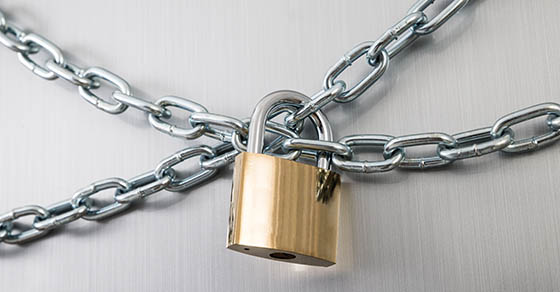
Shoring up Protections Against Expense Reimbursement Fraud
One of the types of occupational fraud schemes that became more costly for employers since the beginning of the COVID-19 pandemic in 2020 is expense reimbursement fraud. According to the Association of Certified Fraud Examiners’ (ACFE’s) latest report, this type of employee scheme now ranks fourth after corruption, billing schemes and noncash fraud.
Although the $50,000 median loss of expense reimbursement scams is less than that of some other frauds, it’s also very commonly perpetrated. According to software company Emburse, nearly 25% of 1,000 workers surveyed admitted to passing off personal purchases as work-related buys. If you let internal controls slip a bit during the pandemic and you’re seeing more exaggerated or falsified expense reports, it’s time to reinforce your fraud deterrents.
How they do it
Employees often cheat on their reimbursement reports by inventing expenses. They might, for example, stick your company with the bill for a lavish dinner with friends or expense hotel costs accrued while extending a business trip for leisure. Employees may also exaggerate the amount of legitimate expenses by, say, claiming larger service tips than they actually paid.
Other common reimbursement fraud schemes include submitting bills for trips that were never taken (such as canceled airline tickets or refunded hotel registration), claims for items employees didn’t purchase, inflated mileage totals and bills for nonreimbursable expenses, such as alcohol or leisure activity tickets. Some employees are habitual cheaters who stock up on blank receipts from cab companies and restaurants to submit with their phony expense reports.
How to stop them
Larger organizations (with more than 100 employees) are actually more likely to suffer from reimbursement fraud than smaller ones, according to the ACFE. However, any employer without strictly adhered to submission and approval rules can become a victim.
To prevent employees from cheating your expense reimbursement system:
- Develop a policy for expense reimbursement that, for example, requires original receipts and documentation for expenses over a certain amount. Mandate that every employee read and sign the policy.
- Make supervisors accountable for approving and verifying expenses. They should scrutinize suspicious items and any reports containing multiple expenses that fall just below the amount requiring documentation.
- Regularly verify that employee credit card charges (if applicable) haven’t been canceled and that balances are being paid in full.
- Establish a confidential fraud hotline if you haven’t already. Employees who know about cheating colleagues may not report them unless they have an anonymous mechanism to do so.
Make sure managers and executives are held to the same rules as other employees. And if you find that an employee has been submitting false claims, take action. This may include termination of employment and criminal charges. Consult with your attorney.
Vulnerable industries
Finally, organizations in certain industries are more likely to suffer losses from expense reimbursement schemes. According to the ACFE report, these include the construction, manufacturing, health care, education and not-for-profit sectors. For suggestions on preventing and detecting reimbursement fraud, contact us.
© 2024